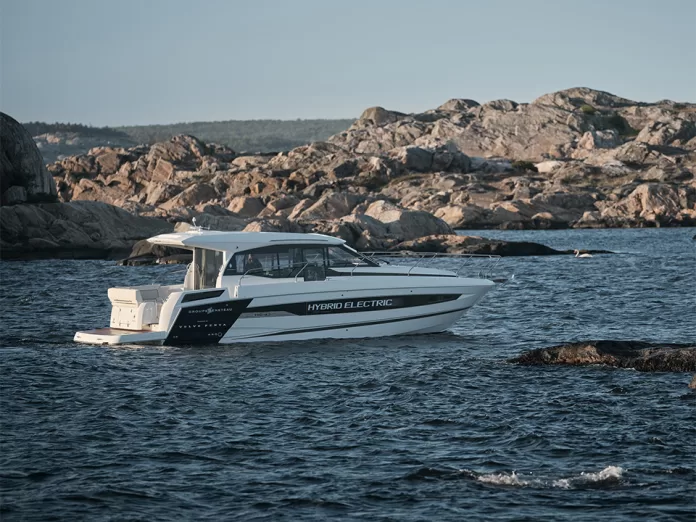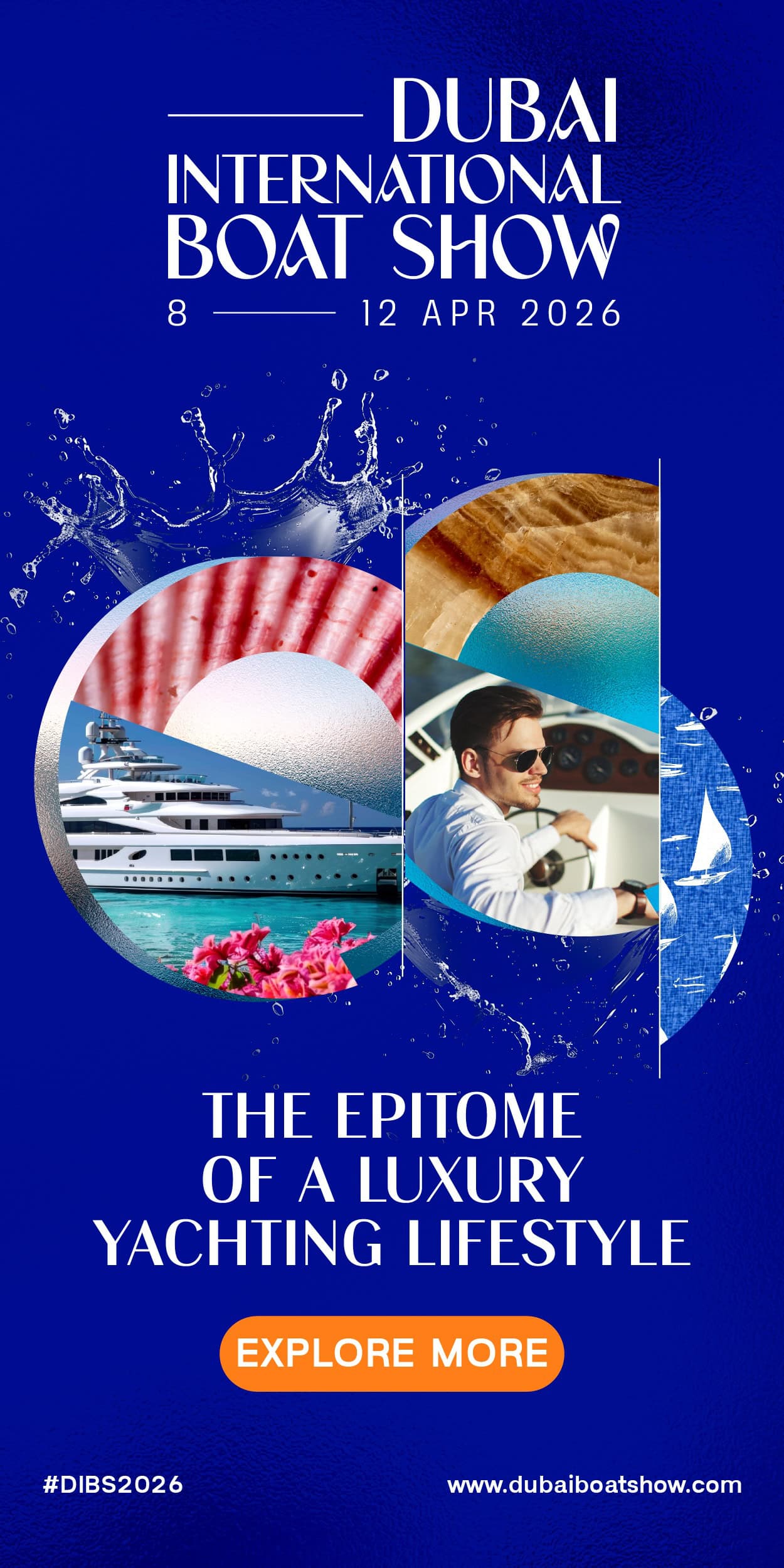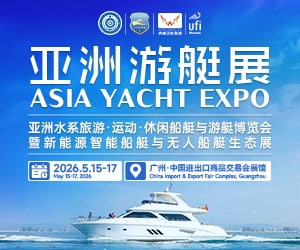Volvo Penta’s sustainability approach has been recognised in the new Marine Research Hub Innovation and Sustainability Awards presented at the 2023 Fort Lauderdale International Boat Show.
The company was one of three finalists, alongside Boening USA, and ePropulsion Technology.
The overall winner for the MRH Innovation and Sustainability Award was Sunreef Yachts/Sunreef Ventures.
Volvo Penta has been working towards the development of future alternative fuels as well as hybrid-electric and fuel cell technologies, together with advancements in boat design.
Simple changes
“New thinking is just as important as new technology in making the boating industry more sustainable,” said Johan Inden, president of the Marine Business Unit at Volvo Penta. “That’s why we’re introducing simple changes that customers can take advantage of today, as well as driving innovation and developing new solutions for tomorrow.”
One of the company’s most important recent developments is the continuing evolution of its Inboard Performance System (IPS) which gives boaters greater manoeuvrability and forward-facing propulsion together with 30% higher efficiency and 30% reductions in CO2 emissions compared with traditional inboard shaft installations.
A step forward in this product is the announcement of the new Volvo Penta IPS professional platform which will extend its use into vessels and superyachts from 22 m to 55+ m.
It will also allow the vessels to run from multiple power sources in future.
The advance will go live in 2025.
Renewable diesel
Another project Volvo Penta has been working on involves the use of HVO 100 – known as renewable diesel – a fossil-free fuel able to power any of the company’s diesel engines.
The company is also testing different solutions in support of its aim to reach net-zero by 2050.
The company announced a new range of variable-speed marine generator sets that enable boatyards to install hybrid-electric modular propulsion systems.
In addition, the company has an ongoing partnership with CMB.tech which has seen a dual-fuel hydrogen power ferry being trialled off the coast of Japan. So far CO2 emissions are up to 54%, including 28% lower NOx, less than an equivalent diesel-powered vessel.
The MRH Innovation and Sustainability award showcases projects and initiatives that demonstrate measurable positive impact on marine and coastal ecosystems. The winners are selected by a panel of independent judges across four categories. The Marine Research Hub is a non-profit organisation, working to build a blue economy.




